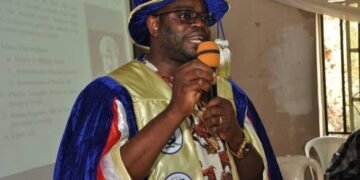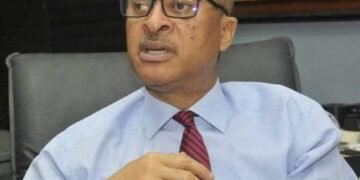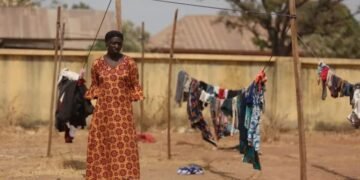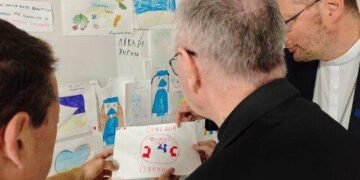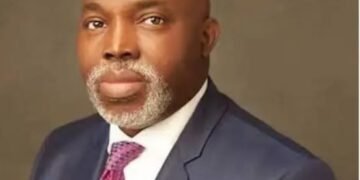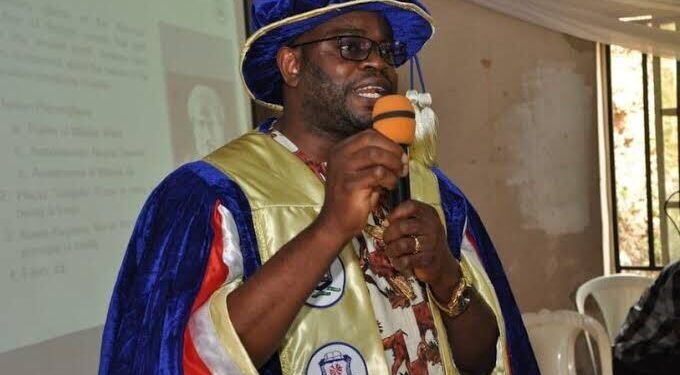By Charles Igwe
At the 33rd Theology Week Conference hosted by the Catholic Institute of West Africa (CIWA) in Port Harcourt, Nigeria, discussions centered on the state of African theology following the landmark release of Africae Munus in 2011.
Africae Munus, translating to “Africa’s commitment,” emerged from the Second African Synod held in Rome in 2009, focusing on the theme of “The Church in Africa at the Service of Reconciliation, Justice, and Peace.”
Professor Ikechukwu Anthony Kanu OSA, an Augustinian priest and professor of African philosophy and religion at Tansian University, Umunya, Nigeria, delivered a keynote address titled “African Theology in the Period after Africae Munus.”
Professor Kanu urged the African Church to integrate indigenous cultural elements into its theological framework, suggesting that this integration would not only enrich the global Church but also foster the development of African theology.
He emphasized the Church’s role in promoting service, reconciliation, justice, and peace, advocating for a theology that places Christ at the center of societal structures to build a more just social order.
To tackle contemporary social challenges in Africa, Professor Kanu proposed a comprehensive theological approach focusing on the realization of God’s kingdom in the present context. He highlighted two essential methods: socio-theological analysis of Africa’s social dynamics and the utilization of Africa’s resources.
Professor Kanu grounded his presentation in a methodology aligned with the Igwebuike theological framework, emphasizing the significance of African context and experience in theological discourse.
